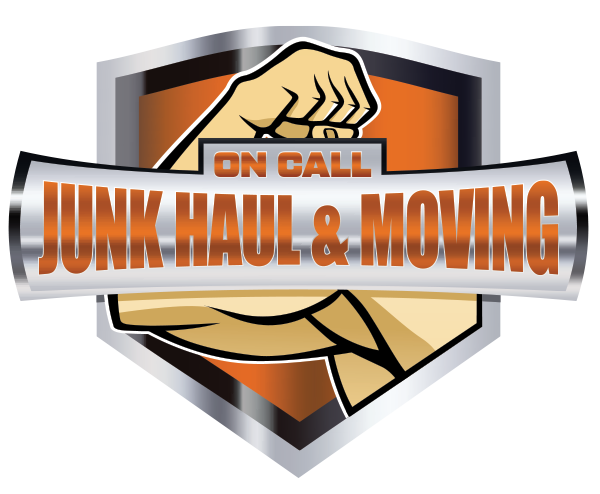Industrial Waste Disposal: Know It, Sort It, Dispose It
Navigating the maze of industrial waste disposal can be daunting for businesses. You're not just dealing with paper and plastic but also managing potentially hazardous materials that need special attention. This guide aims to simplify the process, helping you identify the various types of waste your industry might produce, from harmless to hazardous. We'll walk you through effective strategies for responsible waste management, including when and how to rent a dumpster. Simplifying these complexities can save you time and money and help you contribute to a cleaner environment.
Demystifying Industrial Waste: What You Need To Know
Industrial waste often conjures images of rusty barrels and polluted rivers. However, the reality is more complex. Industrial waste has three primary types: solid, non-hazardous and hazardous.
Industrial Solid Waste- This category comprises waste materials like metal scraps, rubber and paper, which are not dangerous but still require proper disposal.
Non-Hazardous Waste- Waste such as office paper, cardboard and certain types of plastic falls under this category. They may not directly threaten human health or the environment, but you must still manage them correctly.
Hazardous Waste- These materials pose a considerable risk to public health and the environment. Hazardous waste includes toxic, flammable or corrosive substances and requires special handling.
The Art Of Responsible Waste Management
With a clear understanding of the types of industrial waste, the next logical step is to figure out how to dispose of it responsibly. Here's where the concept of 'how to rent a dumpster' becomes essential, providing a convenient and effective way to collect and segregate waste.
The Nuts and Bolts of Segregation and Recycling Facilities- One effective strategy for waste disposal is segregation. Before you even think about ways to rent a dumpster, segregating waste at its source can make disposal much easier. Most recycling facilities require sorting waste into categories like plastics, metals and organic waste. Once segregated, recycling becomes a smoother process, transforming waste into reusable materials.
When Landfills Are the Last Resort- Landfills are often the least preferred method for waste disposal due to their environmental impact. However, there are cases where they remain the only option. For solid and non-hazardous waste, landfills may be suitable.
Composting: Not Just For Your Garden
Industrial composting facilities can process large volumes of organic waste, turning it into valuable compost. Before choosing a dumpster for composting, it's important to check if the composting facility can handle industrial-scale waste.
Understanding How To Rent A Dumpster
Managing industrial waste is not just a responsibility; it's necessary for regulatory compliance and environmental stewardship. In understanding how to rent a dumpster, you take the first step in ensuring proper waste management. From there, knowing how to segregate your waste and where to dispose of it becomes much simpler.
Renting a dumpster can be a versatile solution for various industrial waste types. Whether dealing with non-hazardous office waste or more dangerous materials, dumpsters come in various sizes and types to suit your needs. The convenience of knowing ways of renting dumpsters can simplify the otherwise complex task of waste management.
Hazardous Waste: The Dos And Don'ts Of Special Handling
When it comes to hazardous waste, you can't take any shortcuts. This waste category requires the utmost care and a deep understanding of safety protocols.
You must rent a specifically designed dumpster to handle hazardous waste, as not all dumpsters can manage this type of material. Specialized dumpsters safely contain harmful substances to prevent them from seeping into the ground or water supply. Consult professionals in hazardous waste management for guidance on proper disposal techniques and never attempt to dispose of hazardous waste alongside regular trash.
The Perks Of Partnering With Waste Management Services
By collaborating with experienced waste management services, you can ease the often cumbersome process of industrial waste disposal. These services can offer invaluable advice, from efficient ways to segregate waste to teaching you how to rent a dumpster that meets your specific needs. Partnering with a reliable waste management service can help you comply with regulations, reduce costs and even turn your waste into something valuable, like recycled material or energy. Most importantly, you'll contribute to a cleaner, more sustainable environment.
Ready To Take Action On Your Waste Management?
If you're overwhelmed with figuring out how to rent a dumpster or how to segregate hazardous from non-hazardous waste, help is just a call away. Turn to On Call Junk Haul and Moving for all your industrial waste needs. With our expertise, you'll never have to worry about improper disposal or compliance issues. Dial us today and take the first step toward responsible and hassle-free industrial waste management. Because when it comes to waste, it's always better to be safe than sorry!

